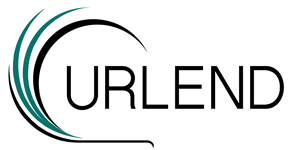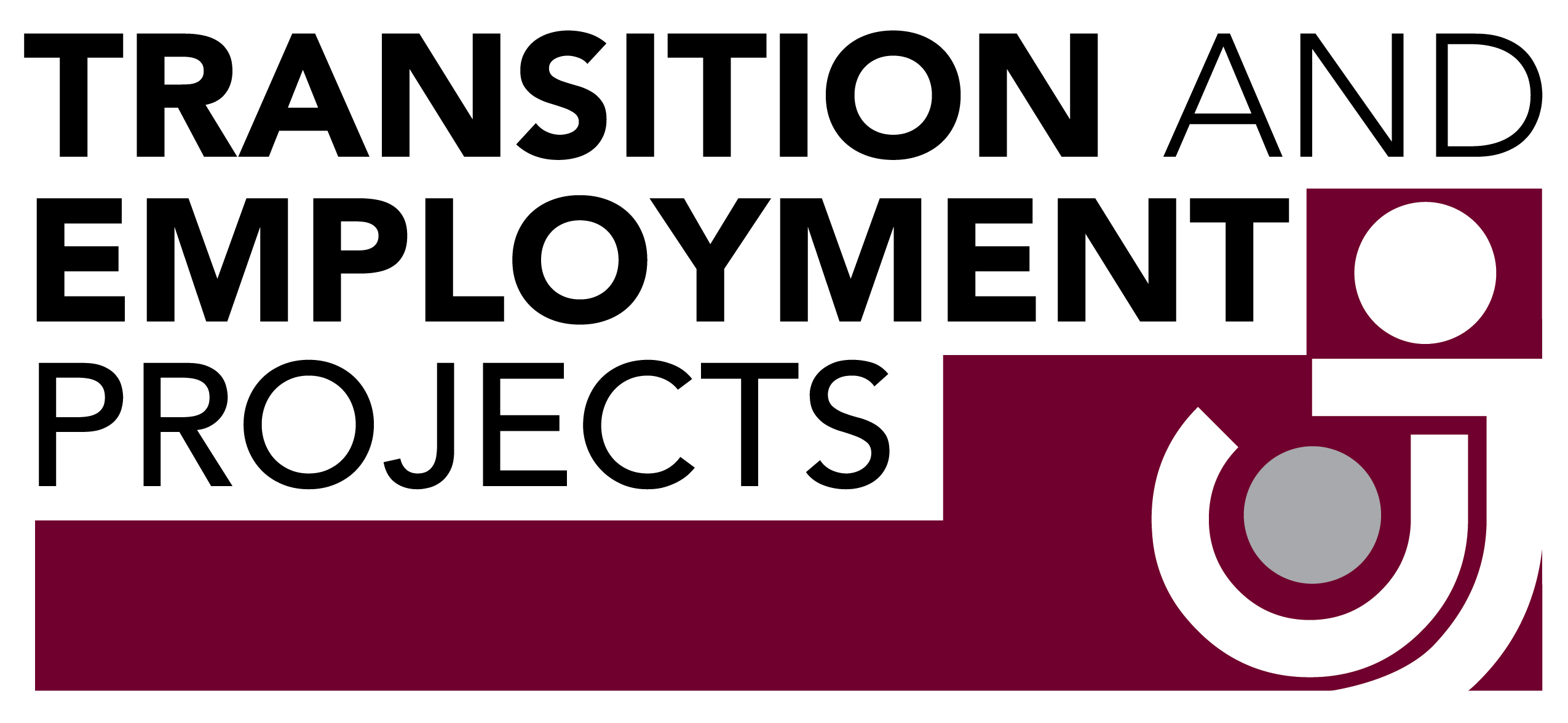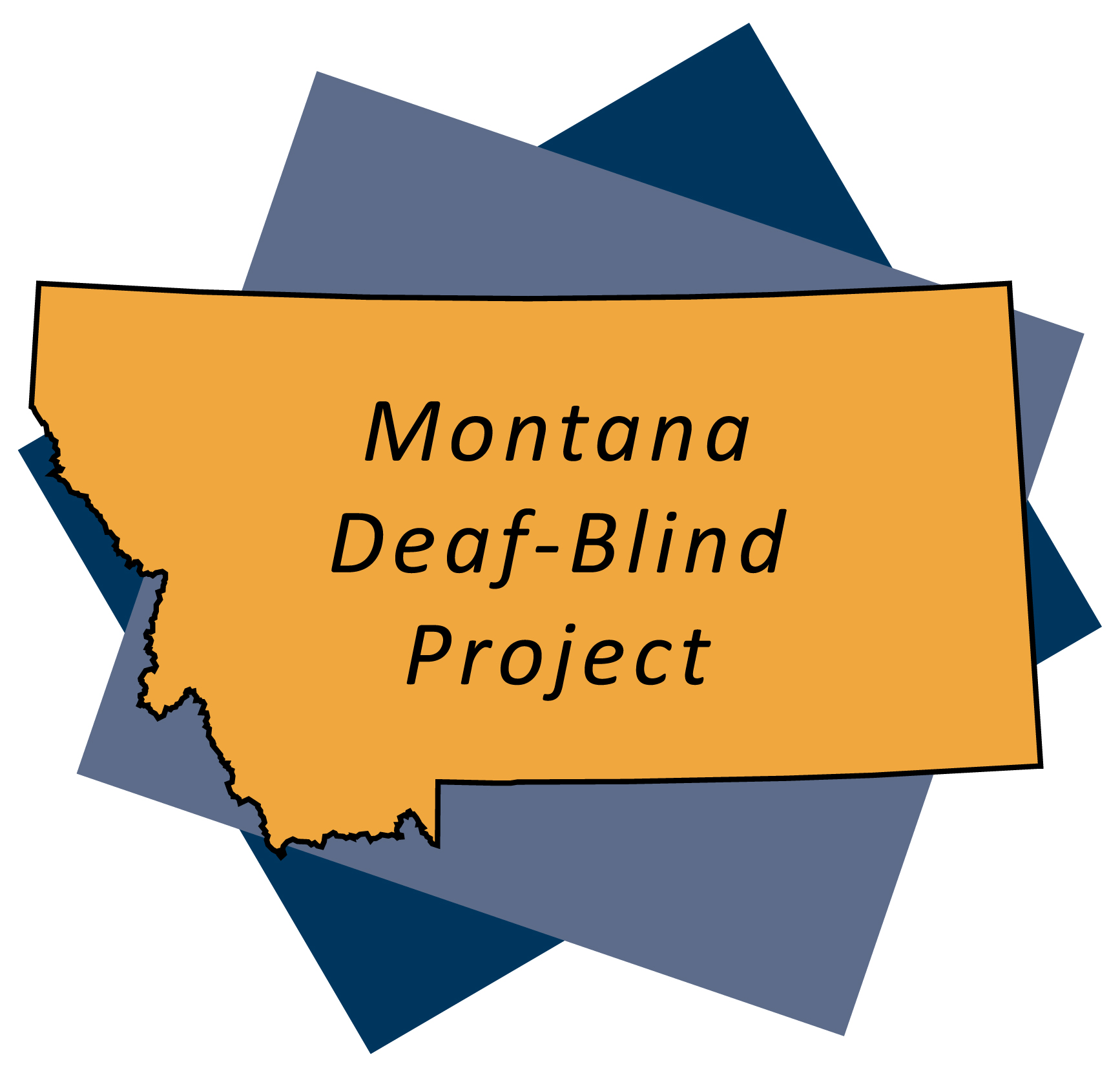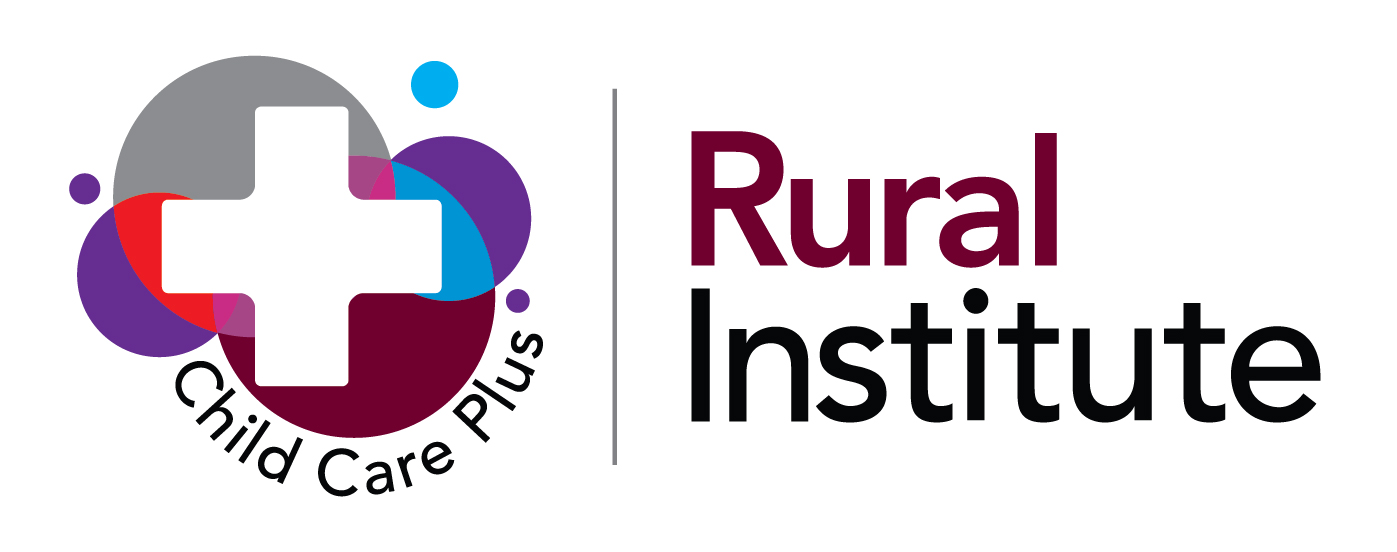Education and Training

The Rural Institute has a long history of providing Education and Training to our community.
CURRENT EDUCATION PROGRAMS
Leadership education in family-centered healthcare
Utah Regional Leadership Education in Neurodevelopmental Disabilities (URLEND) is a training program for people passionate about providing comprehensive and collaborative care to children with special health care needs.
The Rural Institute partners with URLEND to support trainees as they pursue leadership skills training over a nine-month period. URLEND provides in-depth training via seminars, clinical observations, and research projects. URLEND trainees become leaders in their field with a strong foundation in evidence-based, family-centered, community focused, and culturally sensitive care. Because inclusion is central to URLEND goals, each cohort, as well as URLEND faculty, includes family members of individuals with disability and self-advocates. Together, trainees move beyond discipline boundaries to provide optimal services to children and youth with special health care needs.
The digital version of the URLEND brochure is available.
Contact: Molly Kimmel
Technical Assistance to improve care coordination for children with complex medical needs
The Montana team improves care coordination for children and youth with complex needs. The team includes healthcare providers, families, caregivers, and social and human service professionals. We meet via online workshops and virtual meetings supported by the National Care Coordination Academy.
The Montana National Care Coordination Academy aims to:
- Support meaningful family and youth participation in healthcare decisions.
- Build healthcare literacy among families and transitioning youth.
- Increase provider understanding of patient- and family-centered medical homes and what is required to sustain them.
- Enhance communication across health centers, systems and providers.
Contact: Kim Brown
Promoting transition into adulthood
The Rural Institute has focused on customized community employment for youth with significant disabilities since 2000. We have developed and implemented unique models of transition planning that evolve as we learn from the youth and families with whom we work.
Montana Transition and Employment Projects transition activities promote:
- Customized Employment strategies for youth with disabilities
- The use of Social Security work incentives for students
- Transition planning for middle school students
- Collaborative funding across agencies to create individually-driven employment supports
- Self-employment as vocational experience or as a post-school outcome
- Self-determination for youth as we empower them to identify strengths and skills
Contact: Kim Brown
Resources and assistance to school systems and people supporting children with deaf-blindness
The Montana Deaf-Blind Project builds capacity and infrastructure so students with dual sensory impairments are identified early, receive education accommodations, and have support for transition into adulthood. While the Montana Deaf-Blind project does not provide direct service, we do provide resources, training, activities and information to families, schools and support staff working with a child with a dual sensory impairment.
Contact: Ellen Condon
Technical Assistance to State Deaf-Blind Projects to improve transition outcomes for youth
The National Center on Deaf-Blindness (NCDB) contracts with the Rural Institute to build resources and assist state deaf-blind projects and Helen Keller National Center staff around students with deaf-blindness and additional disabilities.
Contact: Ellen Condon
Information and resources to support independent living nationwide
The national IL-NET Training and Technical Assistance Center is operated by the Independent Living Research Utilization (ILRU) based in Houston, Texas. The Center is a collaboration with the National Council on Independent Living (NCIL), the Association of Programs for Rural Independent Living (APRIL), and the Rural Institute. The Rural Institute supervises the Technical Assistance Coordinator in supporting the technical assistance and training needs of national Centers for Independent Living and Statewide Independent Living Councils.
Contact: Paula McElwee
Accurate, relevant information and support to increase COVID-19 vaccine participation
The CDC/ACL Vaccine Support project facilitates statewide and local support so people with disabilities can access COVID-19 vaccine resources and information. This project is a collaboration with the Montana Department of Public Health and Human Services (DPHHS), as well as the state unit on aging, area agencies on aging, the Aging and Disability Resource Center, Montana Developmental Disabilities Council, Disability Rights Montana, and several Montana-based centers for independent living.
Contact: Meg Traci
Trains speech language pathologists to provide service in rural and tribal communities
The Rural Institute for Inclusive Communities and the University of Montana’s School of Speech, Language, Hearing and Occupational Sciences supports training certified speech-language pathologists to serve the speech, language and literacy needs in their rural communities. UM OUTREACH is funded by the U.S. Department of Education’s Office of Special Education Programs.
UM OUTREACH expands graduate programming to emphasize knowledge and skills important for successful outcomes in rural areas. Training includes sensitivity to cultural and linguistic diversity, as well as providing services via tele-health.
Contact: Julie Wolter
Past Education Programs
Supported and promoted inclusive early childhood environments
1987 - 2012
The Child Care Plus Center was based at the Rural Institute from 1987 to 2012. The nationally-focused Center supported and promoted inclusive early childhood environments.
Child Care Plus is no longer an active project. However, the materials are still relevant. To address the needs of a broad audience, Rural Institute staff updated several Child Care Plus resources in 2021. All of these materials may be downloaded and reproduced for non-commercial purposes.
The updated views expressed in the updated resources may not reflect the original Child Care Plus purpose, or the official position of the Rural Institute, or the University of Montana.
Contact: Contact Us
A multimedia exhibit to promote awareness of the Centers for Disease Control and Prevention's Right To Know campaign
2009
Breast cancer is a major public health concern for all women, including women with disabilities. "Every Woman Matters: Portraits of Montana Women Living with Disabilities" (EWM) is a multimedia exhibit to promote awareness of the Centers for Disease Control and Prevention's Right To Know campaign.
Contact: Meg Traci
Investigating and addressing rural barriers to COVID-19 vaccination
The Rural Disability Hub for COVID-19 Vaccination Outreach project focuses on ways to improve vaccination and masking practices, particularly among people with disability in rural communities. The project will promote community-informed materials and outreach strategies and share recommendations for addressing barriers to vaccination. Focus groups from varied communities will provide insight into effective approaches.
The Rural Disability Hub will disseminate materials and strategies through disability, health care, public health, and other partners at the local, state and national levels.
Contact: Andrew Myers






